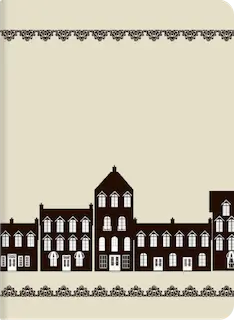Exercises 1
1.
1. (Roughly) (speaking)
2. (end) (up) ← end up ~ing 結局~することになる
3. (had) (trouble/difficulty) ← have trouble/difficulty(どちらでも良い) ~ing ~するのに苦労する
4. (Millions) (of) ← millions of … 何百万もの… 参考:hundreds of … 何百もの… /thousands of … 何千もの…
2.
1. (were not sleepy) ← would(助動詞の過去形) read(動詞の原形)から判断してwere(動詞の過去形)にする
2. (had studied) ← could(助動詞の過去形) have answered(動詞の完了形)から判断してhad studied(動詞の過去完了形)にする
3. (had not been) ← would(助動詞の過去形) have attended(動詞の完了形)から判断してhad not been(動詞の過去完了形)にする
4.
3.
1. (Without) ← without … もし…がなければ(仮定法過去)、もし…がなかったら(仮定法過去完了)
2. (were) ← would(助動詞の過去形) not say(動詞の原形)から判断してwere(動詞の過去形)にする
3. (for) ← but for … もし…がなければ(仮定法過去)、もし…がなかったら(仮定法過去完了)
4.
1. (No matter how busy)
Exercises 2
1.
1. (was) (dead)
2. (prefer) (to) ← prefer A to B BよりもAを好む
3. (as) (well) ← … as well=too …もまた
4. (moved) (by) ← be moved by … …に感動する
2.
1. (can't) ← can't be … …であるはずがない
2. (may) ← may ~ ~するかも知れない
3. (must) ← must be … …であるに違いない
3.
1. What(would you like to have) for dinner? ※would like to ~ ~したい(と思う)
2. (He may have come here) yesterday. ← may have ~ed(動詞の完了形) ~したかも知れない
3. (He must have been tired). ← must have ~ed(動詞の完了形) ~したに違いない
4.
1. (would) ← would rather ~ ~したい(と思う)
以上です。
追伸:うあさん、次回からは自分で解答して、記入してから質問してください。
まず、自分でやってみる。全部できなくてもいい。分からないことは聞く。
どうでしょうか?

















